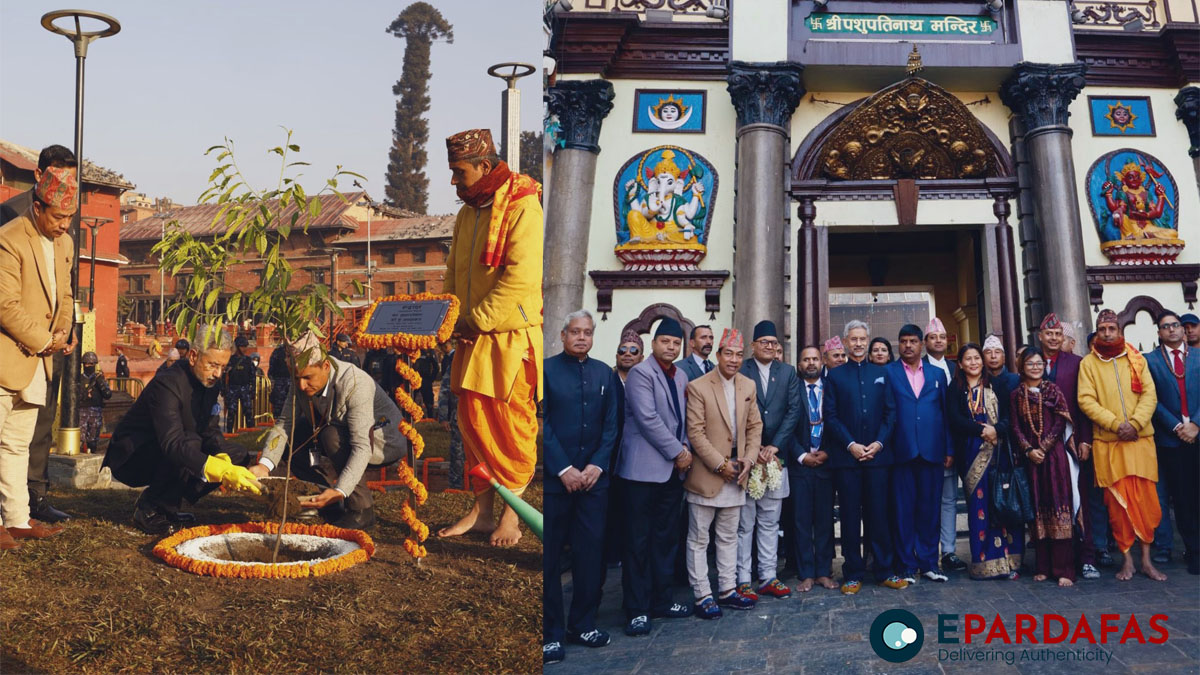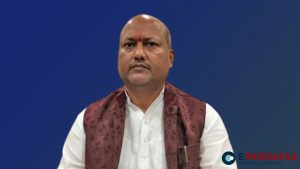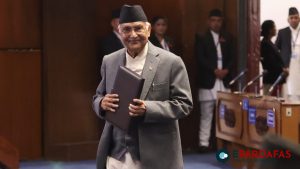
India’s EAM Jaishankar offers prayers at Pashupatinath Temple
In a gesture of goodwill and spiritual reverence, India’s External Affairs Minister, S Jaishankar, embarked on a visit to the iconic Pashupatinath Temple in Kathmandu, Nepal. The temple, dedicated to Lord Shiva, holds immense significance for Hindus worldwide.
Jaishankar, who arrived in Nepal on Thursday for his first foreign visit in 2024, began his second day with a visit to the revered Pashupatinath Temple. The centuries-old temple, situated on the banks of the sacred River Bagmati, is a focal point for Hindu pilgrims globally and a prominent tourist attraction.
Expressing his sentiments, Minister Jaishankar shared on the social media platform X, “Blessed to visit the Pashupatinath Temple this morning. Prayed for the well-being of our two peoples and India-Nepal ties.” His visit underscores the cultural and spiritual ties between the two neighboring nations.
Blessed to visit the Pashupatinath Temple today morning.
Prayed for the well being of our two peoples and
-
ties. pic.twitter.com/NmUELLoejv
— Dr. S. Jaishankar (@DrSJaishankar) January 5, 2024
Pashupatinath Temple, known for its architectural splendor and spiritual aura, is dedicated to Lord Shiva in his form as Pashupati, the protector of animals. The temple not only draws devout Hindu followers but also captivates tourists with its historical significance and scenic location on the eastern outskirts of Kathmandu.
As Minister Jaishankar engages in diplomatic discussions during his visit to Nepal, his spiritual pilgrimage to Pashupatinath Temple serves as a symbol of the enduring cultural connections between India and Nepal. The temple visit reinforces the age-old ties that bind the two nations, fostering a sense of unity and shared heritage.













Comments